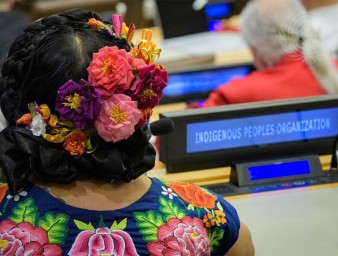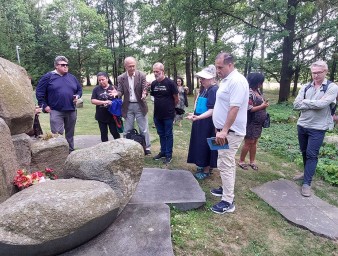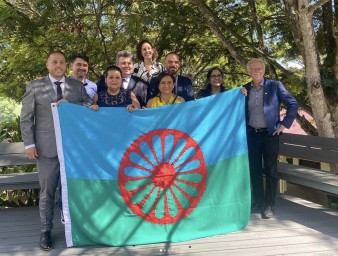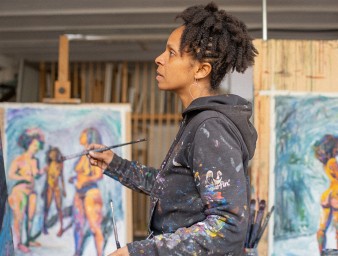30th Anniversary marks landmark moment for minority rights
25 May 2022
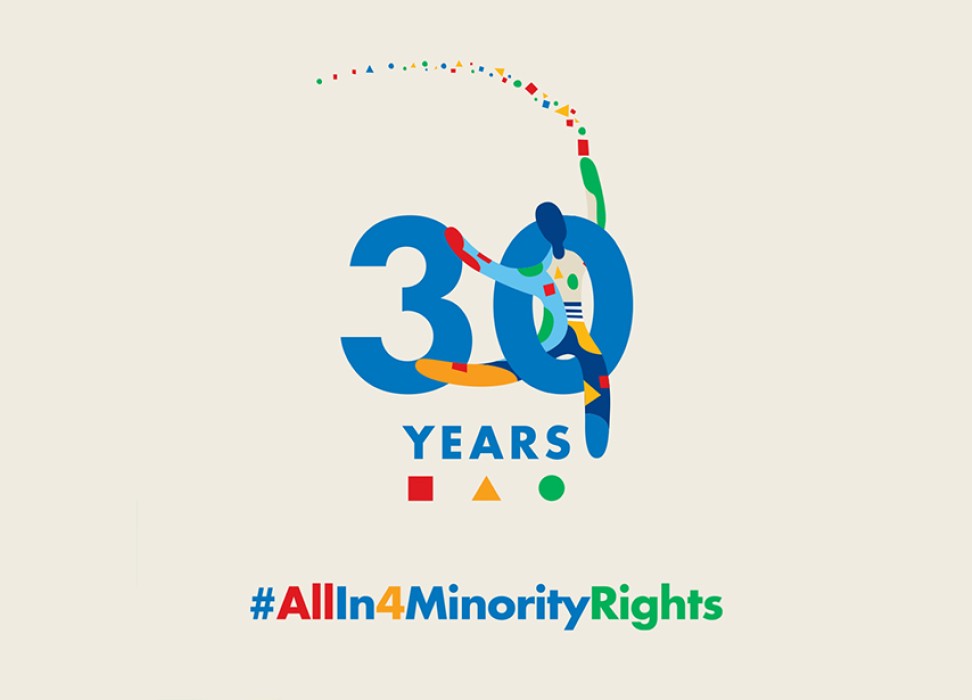
On 18 December 1992, UN Member States adopted the Declaration on Minority Rights. Through its very first article, the Declaration is the first international document that recognizes both the existence and the identity of minorities.
“It was a landmark moment,” said Michelle Bachelet, UN High Commissioner for Human Rights, in a statement to mark the 30th anniversary of the adoption of the Declaration .
The Declaration remains the only UN international human rights instrument devoted entirely to minority rights. It provides guidance and key standards facilitating Governments’ compliance with minority rights obligations and for minorities to hold their governments accountable. These standards range from non-discrimination to effective participation of minorities in decision-making in all areas of everyday life.
“Promoting equality. “Protecting communities. Providing a voice. Preventing conflict. The Declaration aimed to achieve all of that, and to provide countries concrete guidance on how to protect and promote minorities’ human rights,” Bachelet said.
To mark this 30th year anniversary, UN Human Rights is celebrating with a year-long commemoration that will focus on the theme, All in 4 Minority Rights , by promoting the tenet that the rights of any person belonging to national or ethnic, religious, and linguistic minorities contribute to the political and social stability and progress of States — important components to maintain peace and stability of society.
“Minorities remain systematically excluded from participating in decision-making around issues that directly affect them,” Bachelet said. “Minority voices matter. Participation benefits not only minority groups but all of society…Only when we involve all voices, can we ensure equality and the human rights of all individuals, no matter who they are or where they come from.”
Finding his voice
Cecil Shane Chaudhry, a Pakistani Christian and 2015 UN Human Rights Minority Fellow, knows first-hand what it’s like to face violent discrimination for being a minority.He was targeted by a right-wing group when he was in college in Pakistan.The group attacked him, brought him to a hostel, verbally abused him, and burnt him with cigarette butts on his arms.He decided to leave college after this violent attack.
"I am very fortunate to have such amazing parents, especially my father, who told me that if you do not go back and if you do not stand up against this injustice, then you will close the doors for even other Christians or other minorities who would not be able to stand up,” he said. “So, he convinced me, and he motivated me to stand up against this atrocity…We must continue to raise our voice."
Chaudhry said the Declaration has provided minorities with a platform to advocate on the issues that minority communities face within different regions and countries.
"It allows us to then hold our countries accountable for the injustices that we see happening within that society," he said.
UN Human Rights works to advance minority rights protections by being dedicated to implementing the principles of the Declaration. Some of these principles include increasing accountability for minority rights violations, monitoring and responding to crises affecting minorities, contributing to legislative and policy reforms, and providing training on minority rights advocacy, Bachelet added.
While this work continues, minority groups face many startling setbacks such as various forms of discrimination, subject to hostility, forced assimilation, persecution, and violence. Minorities also often still lack access to healthcare and un-safe employment.
The COVID-19 pandemic has also disproportionately affected minorities, while climate change is moving minorities deeper into inequality.
"Minorities are being stripped of their political and citizenship rights across the world," she said. "Hate, prejudice and incitement to violence against minorities on social media is widespread and occurs with relative impunity."
Bachelet said the anniversary should be stark reminder for the whole international community that they can do more for minority rights.
"Let us unite around a vision of inclusion and dignity anchored in social economic, political and environmental justice, to shape an equal world for us all and for generations to come," she said.
Video
